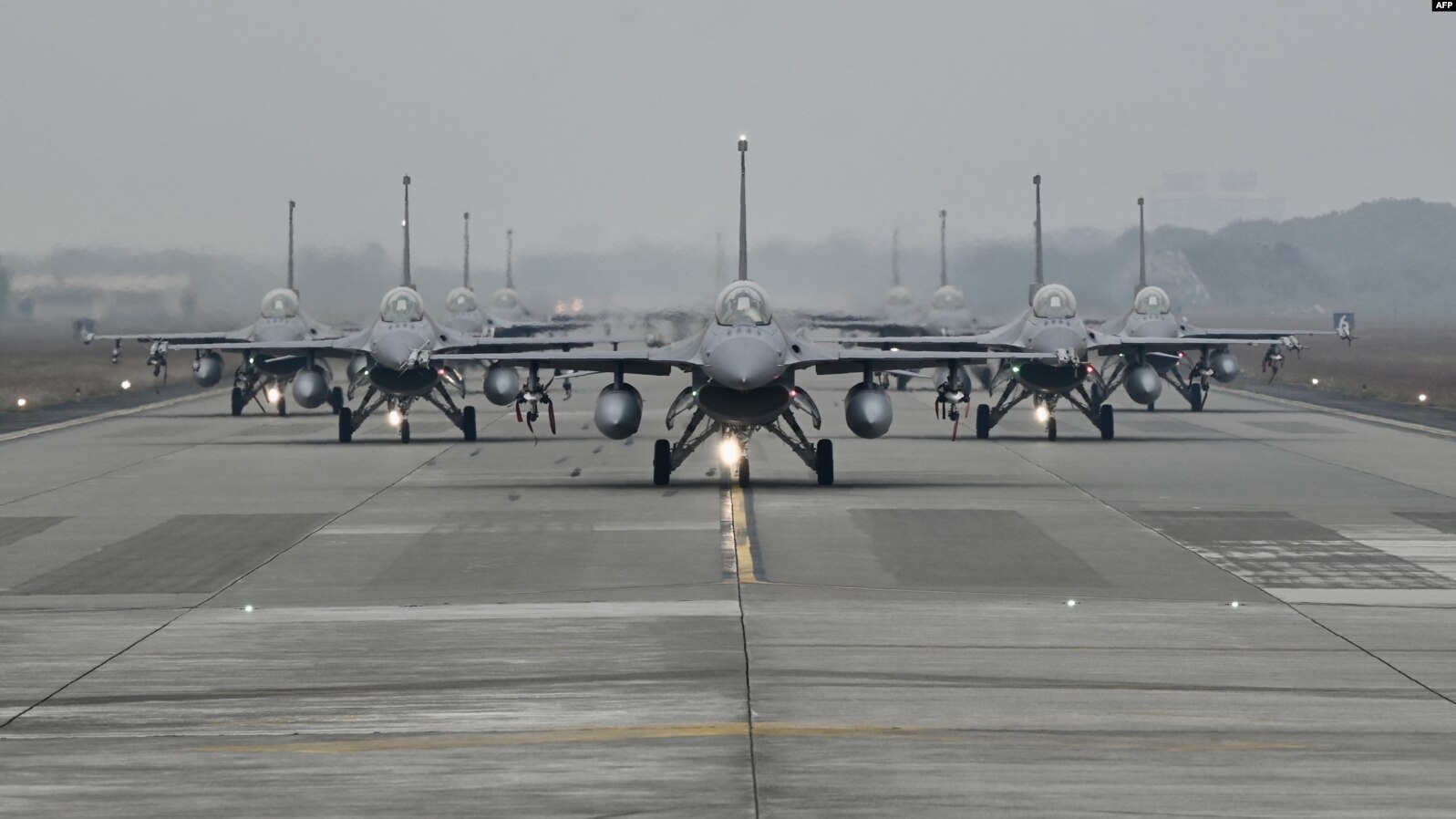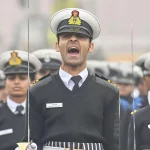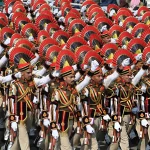Taiwanese President Lai Ching-te commenced a significant week-long tour of the Pacific, making headlines with a speech in Hawaii that emphasized the importance of collective efforts to prevent conflict, particularly in the face of ongoing military threats from China. His comments come at a time of heightened tensions, as China continues to assert its claim over Taiwan, which it views as a part of its territory.
At a dinner in Hawaii, Lai articulated a clear message against war, stating that “there are no winners” in conflict and urging for a united front to safeguard peace. His remarks resonated with attendees, leading to a standing ovation as he arrived amidst a warm welcome from US officials, state politicians, and Taiwanese expatriates. Lai took time to reflect on the enduring friendship between Taiwan and the US, indicating that the flags presented to him symbolized deep-rooted cooperation and future opportunities for collaboration.
The chairperson of the American Institute in Taiwan, which serves as an unofficial diplomatic channel for Washington and Taipei, reinforced the notion of a steadfast partnership, highlighting the importance of Lai’s engagement with political and community leaders during his visit. The sentiment of a “rock solid” relationship was echoed by many at the event, despite the absence of formal diplomatic recognition for Taiwan from most countries, including the US.
China, however, did not take Lai’s visit lightly. The Chinese foreign ministry expressed strong opposition to his stopover in the US and accused the US of undermining China’s sovereignty and territorial integrity. As tensions escalated, China warned of potential military responses, stating it would “closely follow” developments resulting from Lai’s interactions.
This trip marks Lai’s first international excursion since taking office in May, and it has been met with a ceremonial welcome in Hawaii, where he toured significant sites including a Pacific island history museum and the USS Arizona Memorial in Pearl Harbor. This reception, per his office, is notable as it is the first time a Taiwanese president has received such honors upon arrival in the US territory.
Following his stop in Hawaii, Lai plans to visit Taiwan’s diplomatic allies, including the Marshall Islands, Tuvalu, and Palau, before a brief stay in Guam. As he departed Taiwan, he expressed hope that his travels would initiate a “new era of values-based democracy,” underscoring a commitment to enhancing partnerships grounded in democracy, peace, and prosperity.
In context of these developments, Taiwan has recently seen continued US military support, with a proposed sale of spare parts for fighter jets announced just prior to Lai’s departure. The approval of these sales aligns with the ongoing conversations surrounding Taiwan’s defense capabilities, particularly as the US transitions to a new administration, with incoming President Donald Trump signaling potential shifts in US-Taiwan relations.
The implications of Lai’s visit, coupled with the complexities of Taiwan’s geopolitical status and its relationship with China, underscore the delicate balancing act that Taiwan must navigate as it seeks to bolster its international presence and strengthen ties with its allies.













